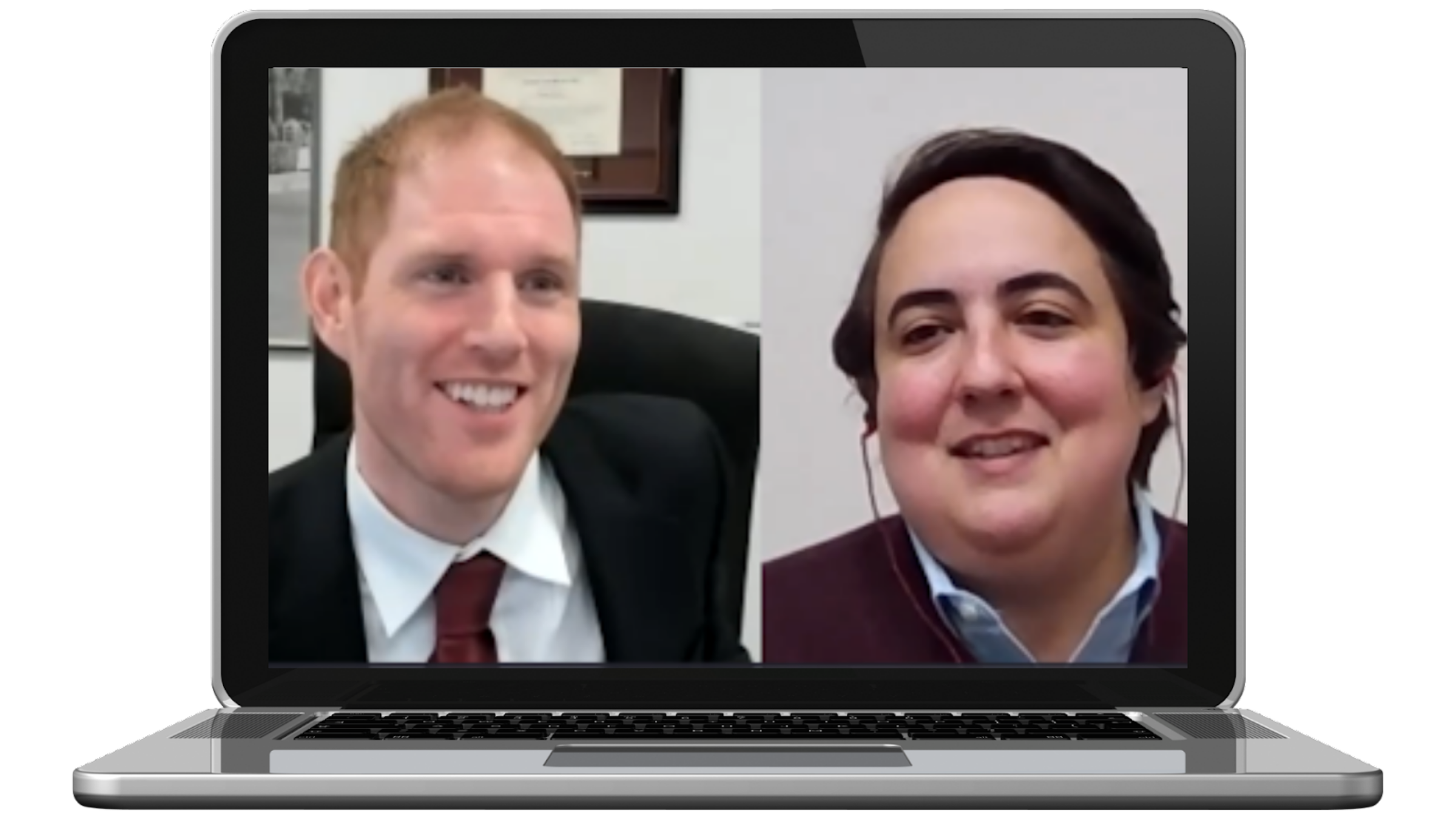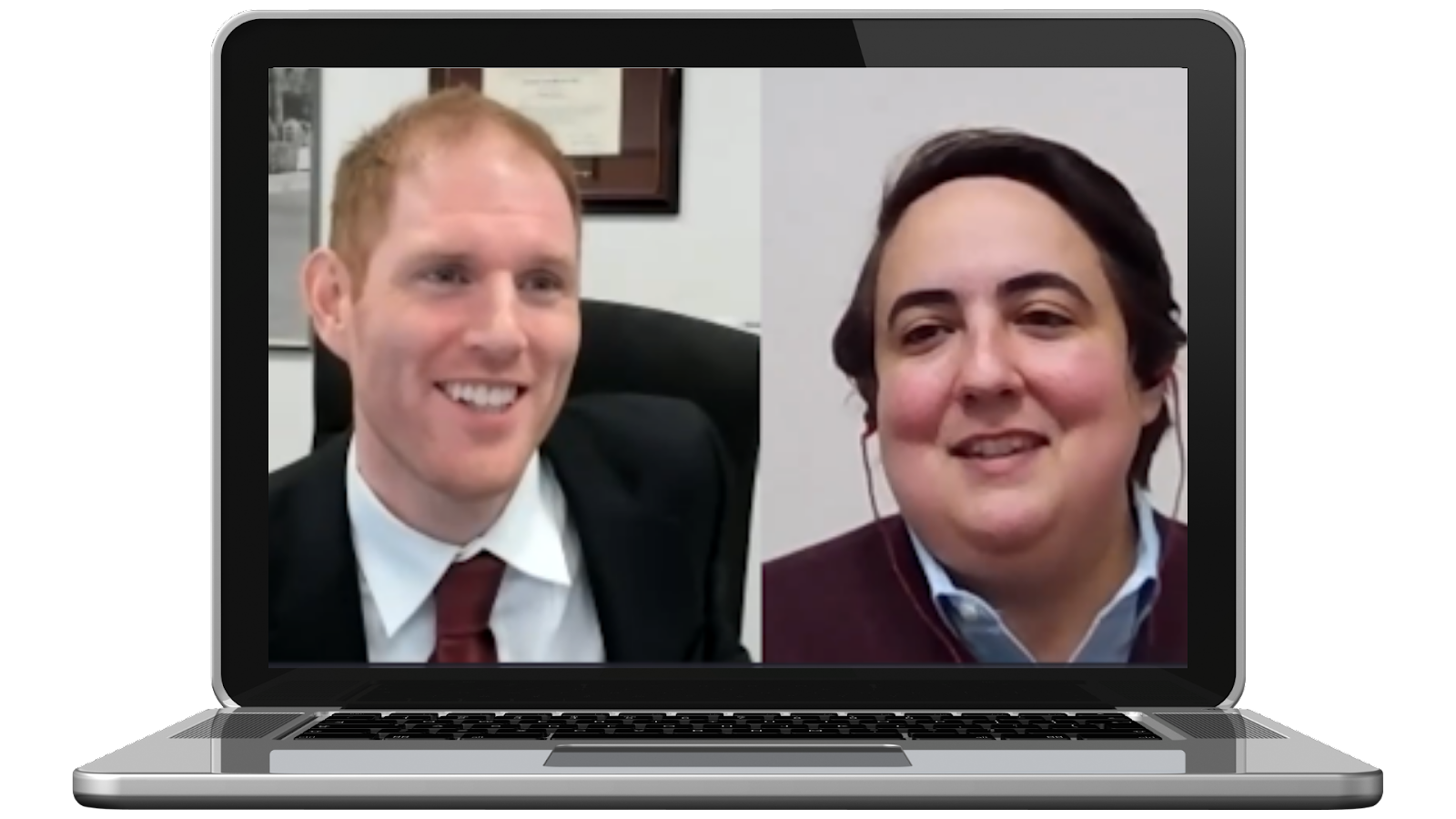Democracy Roundtable: Promoting Dialogue Between Election Administrators and State Legislators
Event date: December 16, 2021

- Thursday, December 16, 2021 1:00 PM – 2:00 PM
- Millennial Action Project1701 Rhode Island Avenue NorthwestWashington, DC, 20036United States (map)
On Thursday, December 16th, the Millennial Action Project hosted a roundtable titled: “Democracy Roundtable: Promoting Dialogue Between Election Administrators and State Legislators” bringing together nationally-recognized figures in election administration and a group of young state legislators serving on election oversight committees or interested in learning more about the evolving dynamic between administrators and legislators. The roundtable sought to promote open dialogue and candid communication between election administrators and state legislators at a time when the task of election administration has received increased scrutiny in the aftermath of the 2020 presidential election.
The roundtable began with individual remarks from the administrator panelists, Stephen Richer, the Recorder of Maricopa County, Arizona, and Isabel Longoria, the Election Administrator of Harris County, Texas, followed by a Q&A with MAP staff and legislators. While Richer and Longoria touched on a range of topics over the course of their remarks, both paid particular focus on the steps that election offices have taken to ensure the accuracy of results from the 2020 presidential, and subsequent elections while developing a dialogue with the public and those tasked with providing oversight to election administrators duties. Both panelists described in detail the processes that their offices engage in to fully verify votes, such that it would be virtually impossible for large-scale fraud described by conspiracy theorists to actually occur. Other topics of discussion included the impact of COVID-19 on election administration, the role conspiracy theorists have played in post-2020 election audits, and the logistical challenges imposed by new election administration policies implemented over the past year.

After panelist remarks, the roundtable moved into a Q&A segment. The first question touched on knowledge gaps between legislators and administrators on election policy. Concerns on this subject centered on potential shortfalls in rural counties that may not receive the attention of state legislators, as well as the detrimental impact of partisan bickering on nonpartisan election workers. The discussion continued with a reflection on what role election administrators should play in “get out the vote” efforts that are traditionally affiliated with partisan campaigning. On this subject, there was a disagreement among the panelists. On one hand there was an argument in defense of expansive get out the vote efforts by election administrators, citing the potential positive impacts on hard-to-reach demographics. Countering this, there was a view that administrators should focus only on those who voluntarily turnout and that election administrators should only judge success by how well-run an election is regardless of turnout.
Finally, the conversation turned to the logistical challenges of election administration, such as administering elections in jurisdictions with both rural and urban voters, ways to implement early in-person voting, the impact of political disagreements on nonpartisan election procedures, and recent voting innovations from the panelists’ offices. Final remarks from the panelists centered on the importance of upholding election integrity through common-sense procedures such as risk-limiting audits and effective communication with the public. To conclude, the panelists agreed that delivering a proper voting experience is one of the most positive ways government workers can directly interact with their constituents.
For more information about any of the topics discussed during this roundtable, for a copy of the recording, or for any questions please reach out to [email protected].
Earlier Event: December 15
#OurAmericanFabric: The Holiday Season
Later Event: January 13
Michigan Youth in Government with Layla Zaidane and Rep. Meijer






Join 1,900+ BIPARTISAN LEADERS NATIONWIDE
Be a part of a network of lawmakers committed to governing effectively, passing more representative public policy, and increasing public trust in democracy.